It’s no longer considered taboo to care more about the environment. It’s been a growing trend for many years now. One way for people to live more sustainable lives is to be energy efficient.
This guide will show you how if you have a home with a heating, air, and electrical system. It can be as simple as making plenty of small changes to how you use your heating, air conditioning, and electricity.
One of the most significant benefits is saving plenty of money every month, which will add up to an entire calendar year. Ready to save energy and money at the same time? Let’s get started with this guide right now.
Efficient Heating

When it comes to efficient heating, there are a few things that you can do to make it possible. First, you want to maintain your heating system. You can do this by cleaning or replacing the filters to ensure the air flows correctly.
A dirty air filter will reduce airflow and cause your system to work harder. Be sure to check your filters every month and replace them if needed.
Next, you want to check your thermostat to see if it’s working correctly. You want to set different temperatures for different times of the day, especially if you have a programmable thermostat. Last, you’ll want to inspect the ducts and vents regularly.
What you’re looking for here is any blockage that may exist in the ducts or vents. Also, make sure you seal off any leaks that may exist in your vents while allowing them to operate open and obstructed.
You want to use a programmable thermostat so you can set different temperatures for different times of the day. You can lower the temperature when you’re not at home or if you’re in bed.
When you’re awake and at home, you can raise it accordingly. By doing this on a regular basis, you’ll be able to save plenty of money on your energy bill.
It’s also essential to ensure that your home is adequately insulated. This will keep warm air inside during the winter months and cool air inside during the summer months.
Be sure to check your walls, floors, and attic to see if they are adequately insulated and, if possible, add more.
Efficient Air Conditioning
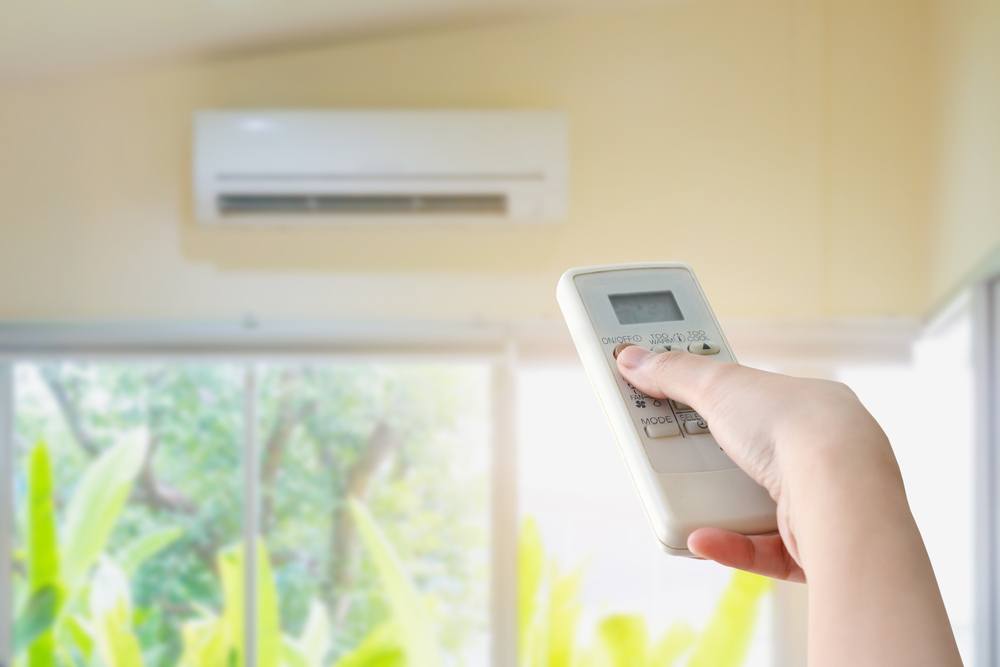
Tech-on-Deck Heating, Air, & Electric knows that efficient air conditioning can also help save your energy bill. That’s why we suggest that you maintain your air conditioning system regularly.
This includes cleaning the filters and coils, as they can accumulate dust, debris, and other small things that may lead to reduced efficiency. The filters should be checked and cleaned monthly, while the coils need to be cleaned annually.
If necessary, be sure to replace them if they are no longer functioning properly. In addition, do not forget to inspect the refrigerant levels. Low refrigerant levels will cause your air conditioner to work even harder, which in turn will raise your energy bill.
You can consider using ceiling fans to circulate cool air and make your air conditioning system work more efficiently. If you want to, you can set the thermostat a few degrees above the normal temperature and still get a comfortable air temperature when using your ceiling fans.
It would be best to consider keeping your curtains and blinds closed, especially during summer days when it can get really hot outside. The purpose of this is to block out any sunlight and heat. Do this, and your home will be cooler, not sweltering.
Efficient Electricity Use
Finally, using electricity efficiently will ensure that energy use is brought down to a manageable level. One of the obvious things you can do is unplug your appliances after you have finished using them.
This includes your phone chargers, computers, and any small kitchen appliances. Even if they’re sitting by and not being used, they are still consuming energy.
Your lighting should also be assessed. Some light bulbs you may be using may not be as energy efficient as you think. Consider switching them out for LED or CFL bulbs. Both of these can reduce your energy usage. Nonetheless, these can also last long, consuming less electricity than their incandescent bulb counterparts.
You’ll also want to practice intelligent appliance usage. Consider using them during off-peak hours. What we mean by this is that energy companies will offer lower rates during off-peak hours, such as the middle of a weekday or late morning.
Alternatively, consider upgrading your current appliances to more energy-efficient ones so they can use less electricity regardless of whether you are at home.
Remember to monitor your energy usage accordingly. You can do this by using smart meters or apps provided by your local Energy company, if available.
This will help you identify which appliances are consuming the most energy. Likewise, you’ll also identify any habits that cause you to consume more energy than usual. Once you identify those habits, you can make the adjustments necessary to save energy.
Final Thoughts
We hope that you found this energy efficiency guide very helpful. Saving energy and money on the monthly bill will be a blessing for you as a homeowner. It’s always a good idea to make sure you follow these tips above so you can practice conserving energy while reducing your carbon footprint.
You may want to consider making investments in improving your home. Especially if the goal is saving as much energy as possible. Even if it means replacing light bulbs or upgrading appliances, it will certainly pay off in the long run no matter how much money you invest in.
If you need advice on any HVAC or electrical appliances and live in the Raleigh, North Carolina area, Tech-on-Deck Heating Air and Electric can help. For more information on the services that we offer, be sure to call us at 984-689-9344. Don’t hesitate to contact us if you need a contractor for your HVAC and electrical system.

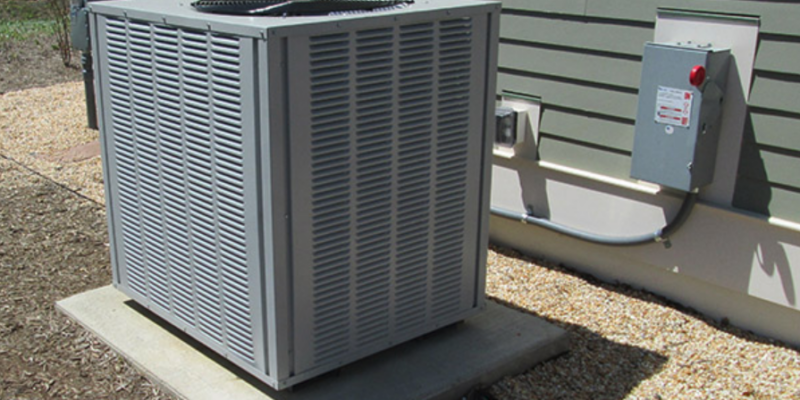
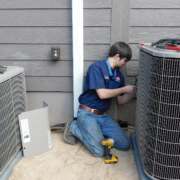
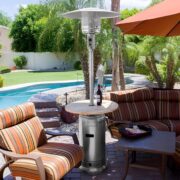
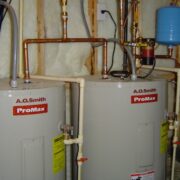
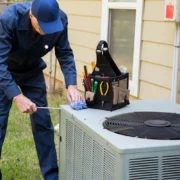
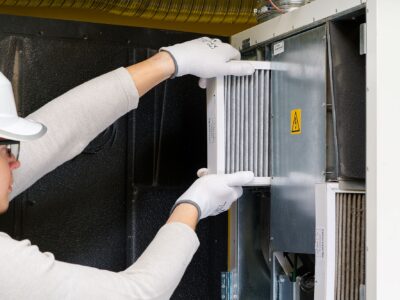
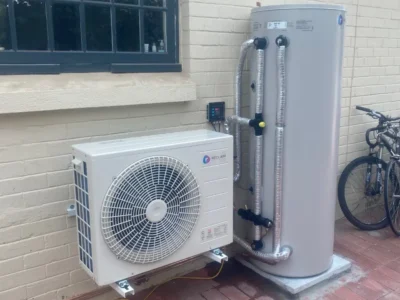
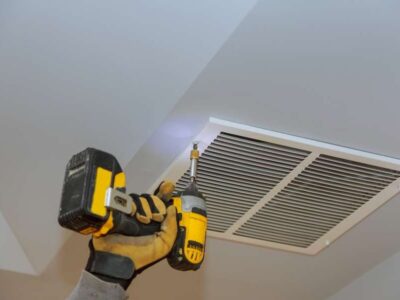
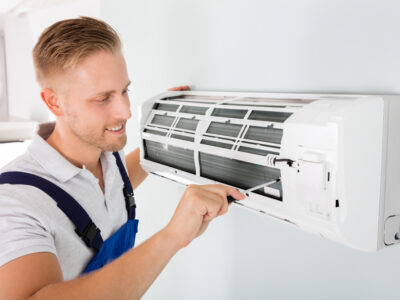
Comments